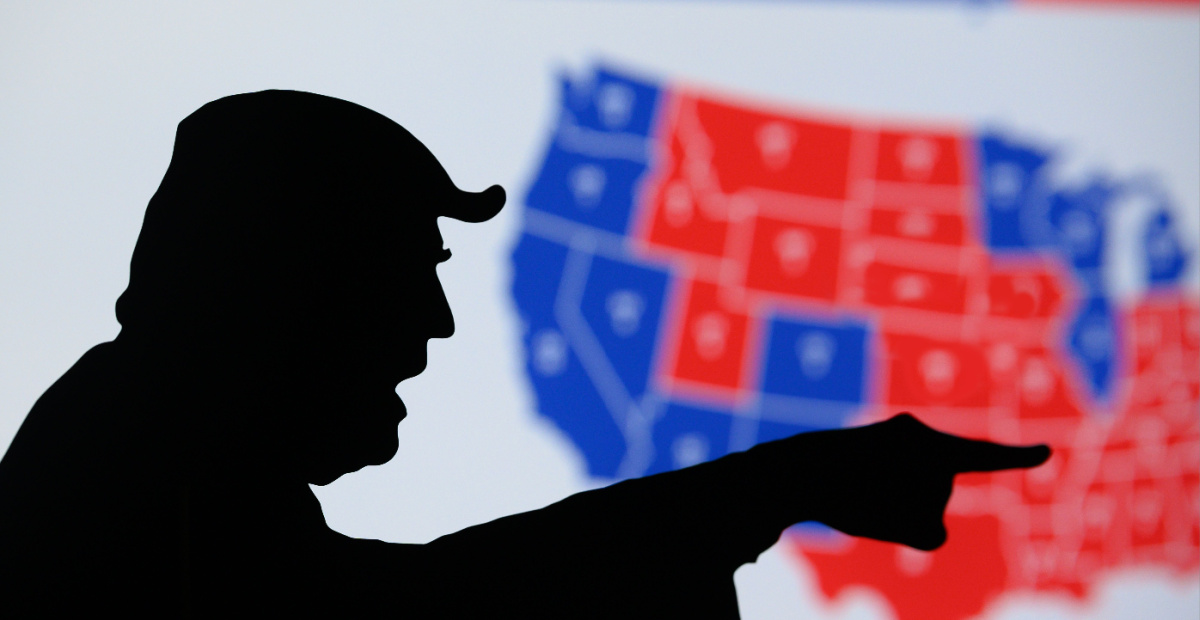Emerging markets may be hit big by US election

The US presidential race will likely prove among the most consequential in history for emerging market (EM) economies, as candidates threaten to escalate the tariff war and retreat into isolationism, triggering what one analyst fears will be an era of slowing growth and rising inflation for EMs.
“The more insular policies suggested by former President Donald Trump would likely mark a further step away from the globalisation trend that has greatly benefited EMs,” writes Daniel Graña, Janus Henderson investors portfolio manager.
Graña has cautioned EM investors to consider the potential impact of protectionist policies and a re-emergence of the tariff war, with Trump’s proposed policies – whether political brinkmanship or genuine policy is yet to be determined – striking a “direct hit on EM exports”.
Emerging countries’ heavy reliance on exports to the US, as such, poses a considerable risk to their economies.
Graña noted that while steps have been taken within EMs to advance their consumer economies, domestic demand appears to have stalled in recent months, derailing many of these efforts.
The effects of US trade policy on these economies will largely depend on the products or services being traded by EMs, with lower-value commodities being worst affected.
“Some export demand – e.g., semiconductors – is price inelastic. Consequently, export volumes could remain stable even if tariffs push prices higher. Lower-value and commoditised EM exports, however, could lose market share to domestic alternatives should tariffs reach punitive levels,” Graña said.
Ultimately, though, “in nearly all instances, higher tariffs inhibit global growth and tend to be inflationary”.
For Graña, Trump’s economic policies appear to be driven by two primary motivations: to protect favoured domestic industries and, prolonging its ongoing rivalry with China, to reduce US exposure to the Chinese market.
Many of Trump’s policies, should they be enacted, will likely be met by countermeasures from China, Graña said, forcing a further decoupling of these economies.
“An acceleration in economic decoupling would likely force Chinese policymakers to enact even more aggressive stimulus,” he said.
However, unlike in the past, these initiatives are unlikely to spill over to the EMs that export commodities and subcomponents into China’s manufacturing base, Graña argues.
China’s import of high-value luxury goods will likely remain unaffected; however, US agriculture goods may be substituted with South American commodities.
Some EMs may benefit from this repositioning by the US, including both developed market manufacturers and select EM countries, including Vietnam, India, and Mexico.
While EMs will likely face some collateral damage from a US-China trade conflict, “EM growth today looks relatively resilient”, according to emerging markets debt specialist Thomas Haugaard.
As well, some of Trump’s China-focused policies may lead to a reallocation of production to other EMs.
Graña has warned however that rapid economic integration of EMs in recent years – which has pushed many towards middle-income status – may leave them vulnerable to a trade retreat from the US, with “their economic fates are inextricably linked to US policy”.
Furthermore, EMs’ progress towards a consumption-driven economy has been “slow”, leaving many exposed to trade ructions.
“[The] US is still an essential end market for EM products, as well as a source of innovative industrial inputs. In both instances, EMs, for the most part, remain price takers in their relationships with the US.
Graña warned: “Should the push toward deglobalisation and protectionism accelerate, these countries could face an era of slowing growth and elevated inflation.”











So someone in India who isn't licensed provided personalised financial advice and ASIC's response is to tell them to be…
Seeking Regulatory relief from Regulation. Industry Super Funds want to control $1.6 Trillion $$$ and ever growing with almost zero…
If Kalkine has officially been released and operates under a legitimate license to provide general advice, it raises an important…
Not sure what they're seeking regulatory relief from. In my view is they get tickled with a warm lettuce leaf…
Will they ever be named & shamed, fined and banned for life ??? Unlikely hey ASIC & APRA, especially for…